New Travel Rules in Spain: What Expats and Tourists Need to Know
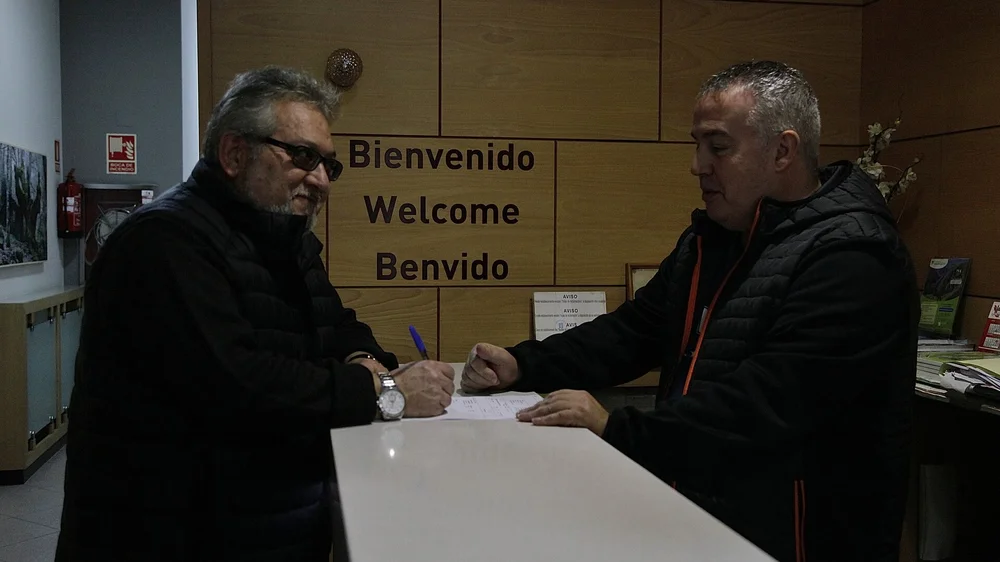
As of December 2, 2024, Spain has implemented new travel rules that significantly impact both tourists and expats visiting or living in the country. These changes are part of a broader effort by the Spanish government to enhance public safety and combat terrorist activities and organized crime.
Why the New Rules?
The Spanish government, through the Secretaría de Estado de Seguridad (State Secretariat for Security), has expressed concerns about the involvement of foreigners in terrorist threats and serious crimes committed by criminal organizations. The new regulations aim to keep a closer eye on who is staying where in Spain, ensuring the safety of its citizens.
What Personal Details Are Required?
Under the new law, all travelers aged 14 or above must provide a comprehensive list of personal details when checking into their accommodation or renting a car. These details include:
- Full name
- Gender
- Nationality
- Passport number
- Date of birth
- Home address
- Landline phone number (if applicable)
- Mobile phone number
- Email address
For those traveling with children under 14, adults must explain their relationship with the children, although the children themselves do not need to provide this information.
How Will the Information Be Collected?
The process of collecting this information may vary. In some cases, guests will need to fill out forms manually, which could slow down the check-in process. For online bookings, some hotels or accommodation providers may collect this information during the reservation process. However, privacy rules may complicate the sharing of personal data when bookings are made through intermediaries like Booking.com or Airbnb.
Financial Information: What You Need to Know
Despite some concerns, tourists will not be required to reveal their bank balances. However, the method of payment will need to be documented. For most travelers, this will involve providing credit or debit card details. If payment was made via bank transfer, the accommodation provider will need to pass on the bank account location and number, but not any other sensitive information.
Compliance and Penalties
While there are no fines for individual travelers who fail to provide the required information, accommodation providers who are negligent in collecting this data can face significant penalties, up to £25,000. This ensures that hotels and other accommodation providers take the new regulations seriously.
Additional Requirements for UK Travelers
Post-Brexit, UK travelers to Spain are subject to additional rules. Although rarely enforced, British visitors are theoretically required to show proof of sufficient funds for their stay, which can be up to £850 for a nine-day stay or over £5,000 for a fortnight for a family of four. However, there have been no reported cases of UK travelers being asked for this proof since the rules were introduced.
Broader Context: Immigration and Residency Changes
While the new travel rules focus on short-term visitors, Spain is also undergoing significant changes in its immigration regulations. The new Reglamento de Extranjería, set to take effect on May 20, 2025, aims to streamline residency processes, provide better protection for workers, and align Spain’s policies with EU standards. This includes a new 183-day minimum stay requirement for Non-Lucrative Visa holders and expanded pathways for family reunification and regularization of residency[2].
For expats considering a longer-term move to Spain, understanding these new regulations is crucial. From obtaining the necessary NIE (Número de Identificación de Extranjero) and TIE (Tarjeta de Identidad de Extranjero) to navigating the various visa options such as the Digital Nomad Visa, Work Visa, and Non-Lucrative Visa, the process can be complex but ultimately rewarding[3][5].
As Spain continues to evolve its policies to balance security with the welcoming nature of its tourism and expat communities, it is essential for all visitors and residents to stay informed and adapt to these changes.
Related Stories
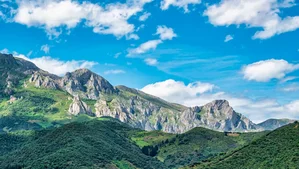
Northern Spain Named Best Global Destination for a Road Trip
Northern Spain wins title of best global road trip destination by Travelbook.de, celebrated for its stunning landscapes, rich culture, and scenic routes.
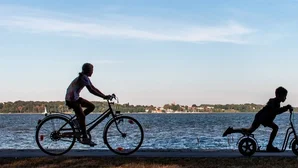
Discover the Best Cycling and Mountain Biking Routes in Cantabria
Explore the stunning cycling and mountain biking routes of Cantabria, Spain. From coastal paths to challenging mountain trails, discover routes for all skill levels amidst breathtaking landscapes.
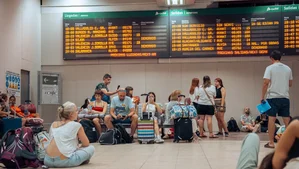
Train Derailment Between Atocha and Chamartín Affects Thousands of Commuters
Train derailment in Madrid tunnel disrupts 13,700 commuters, with ongoing efforts to restore service between Atocha and Chamartín stations.

Normality Restored in Spanish Rail Network After Disruptions
Spanish rail services to resume normal operations on Oct 21 after disruptions, ADIF confirms, marking an end to weeks of travel chaos for commuters and tourists.
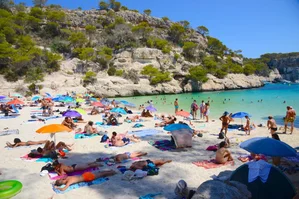
Illegal Tourist Rentals Surpass Legal Ones in Menorca, Raising Alarms
Illegal tourist rentals in Menorca now outnumber legal ones, posing threats to the island's sustainability and living costs, with calls for urgent regulatory action.